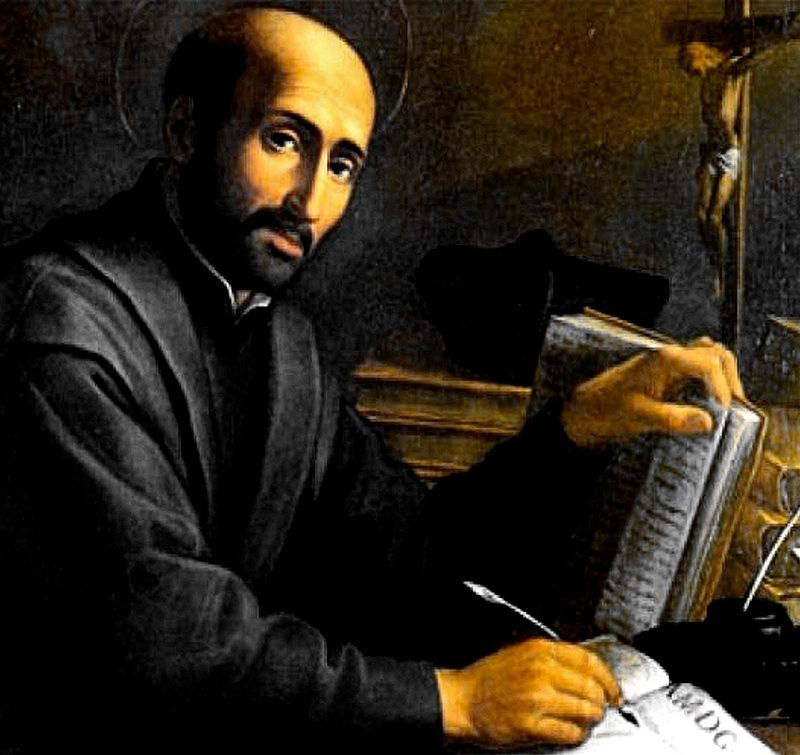
As you may know, throughout his autobiography, Ignatius refers to himself as “the pilgrim,” or el peregrino. (Yes, Ignatius wrote about himself in the third person!) This “pilgrim” identity strikes me as particularly relevant to our school at this time. Let me explain why.
What does it mean to be a pilgrim? In short, it means to be on a journey to a holy destination. For example, my predecessor, Fr. Louie Hotop, recently completed the Camino de Santiago, a well-known pilgrimage to Santiago de Compostela, in northern Spain, where the remains of the apostle St. James are believed to be buried. Similarly, I would argue that several Arrupe students and faculty made a genuine pilgrimage when they traveled recently to Normandy, France, to participate in the D-Day Leadership Academy. The beaches of Normandy may not be linked with a particular capital-S “Saint,” but they are indeed a holy place, a hallowed ground.
To be a pilgrim entails one more thing: living simply. Pilgrims travel light, taking only what they need for the journey — or, perhaps, even less than they may need — and trusting God to provide the rest. This is, after all, how Jesus sent the disciples out on their own kind of pilgrimage:
“He instructed them to take nothing for the journey but a walking stick — no food, no sack, no money in their belts. They were, however, to wear sandals but not a second tunic” (Mark 6:8-9).
For some parts of his life, Ignatius was a “pilgrim” in this literal sense. After his conversion, he resolved to journey to Jerusalem, in the land often explicitly called “Holy.” And he desired to make that journey as simply as possible:
“Coming to a large town before reaching Montserrat, he there wanted to purchase the clothes intended to wear when he went to Jerusalem. He bought some sackcloth — it was of a loose weave and bristly to the touch — and asked them to make it into a long garment that would go down to his feet. He bought himself a pilgrim’s staff and a small hollow gourd and attached everything to the saddle atop his mule” (Autobiography 16).
At other times, Ignatius was less of a traveler. Indeed, he spent most of the last 20 years of his life as an administrator in Rome! But he never shed his pilgrim’s identity because he saw life itself as a pilgrimage toward heaven, the Kingdom of God. Now that’s a holy destination!
It is the destination we have in mind at Arrupe, not only for our students, but for our whole community. It is the destination that defines all we do here – academics, athletics and activities, Corporate Work Study, retreats, sacraments, and more. It is the reason we have embarked on a construction project that will, eventually, give us the space we need to do an even better job of supporting and accompanying our students and families on this journey to the Kingdom of God.
In the meantime, we will have to live a bit more simply. Our science teachers have surrendered their labs. Corporate Work Study has relocated to a smaller room down the hall. Faculty will share a smaller, cozier workroom. Everyone, in some way or another, will deal with having a bit less space than we are used to. But that’s o.k. As sons and daughters of Ignatius, we are pilgrims! We know how to travel lightly. And we are invited to trust, like the disciples in last Sunday’s gospel, with their five loaves and two fish, that God can take what little we have and transform it into more than enough.
Written by Fr. Daniel Everson, SJ
